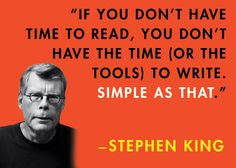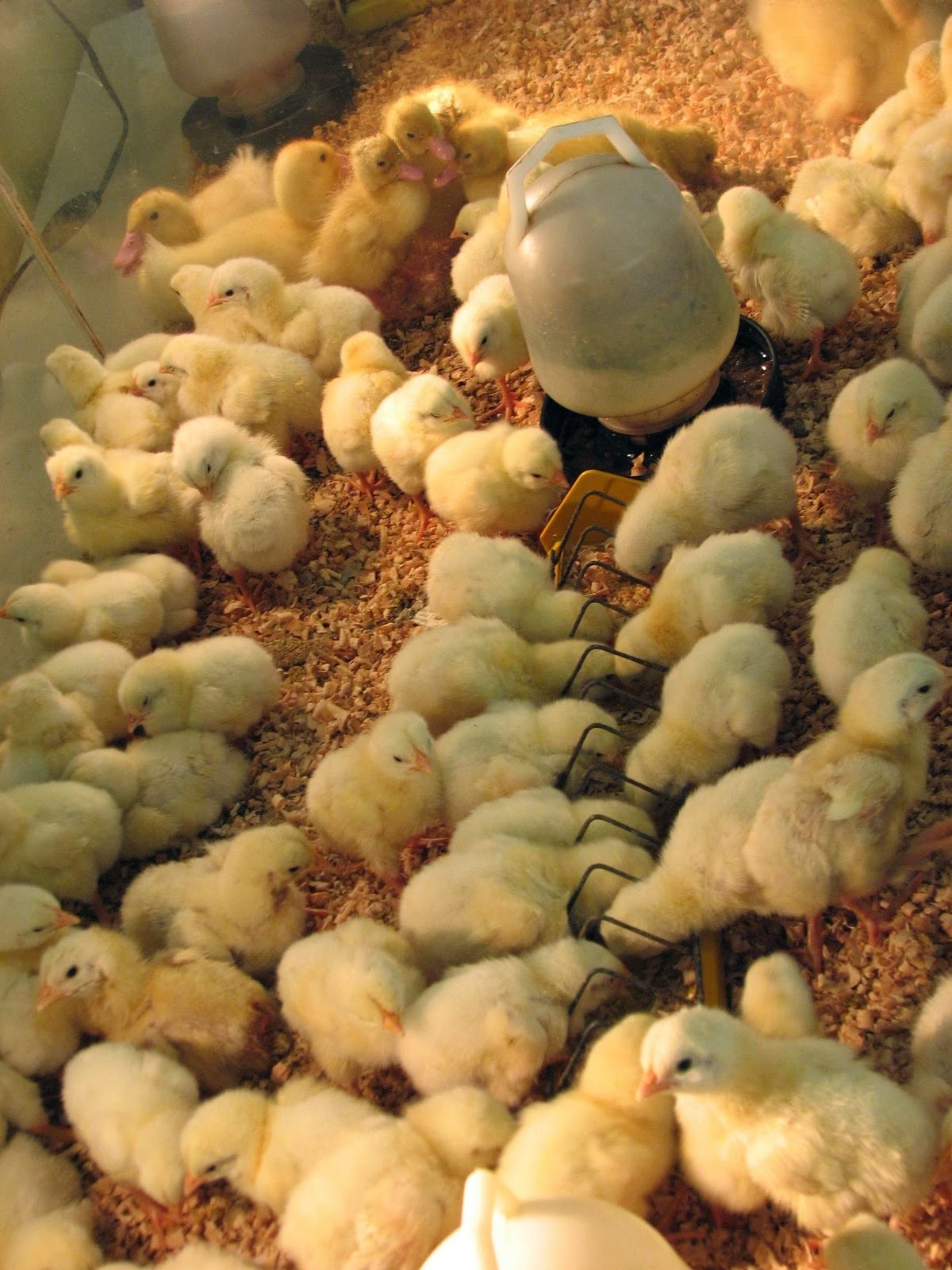Vanessa Martir wrote a blog post about her experiences at the AWP 2015 Conference in Minneapolis this last weekend, and part of it was about a man who appeared passed out across the entryway to one of the men's restrooms. People not only ignored him, but also stepped over him to get
into the bathroom. Vanessa was understandably upset and brought it to the attention of a security guard, who called for help and got the guy the attention he needed.
You can
read her post here, if you'd like.
Anyway, after reading that I wondered what I would have done in that situation. I was at the AWP Conference, too, though not in that area at the time.
What would I have done?
I would
like to think I would've acted the same way Vanessa did. I
hope I would have. But that's the thing - I don't
know if I would have.
I lead a creative writing group at my daughter's junior high once a week after school lets out. It's a very informal thing, and a dozen or so kids show up each time. I usually give them a writing prompt, or we do a writing exercise. Sometime I let them choose a prompt, and if they want to, they can read their work out loud. So today, I used Vanessa Martir's experience as a writing prompt. I gave them the background of the situation, and asked them to write about what they would have done if they had been there.
As you can probably guess, all of them wrote about coming to the person's rescue, or contacting a security guard. (One of them even added the twist that the person on the floor was her parent!)
I bet if you had asked any of those people at the convention center what they would have done
prior to the incident Vanessa talks about, the majority of them would've given similar answers to the kids in my after-school writing group.
But...
Imagine you're in this big convention center. Imagine there are hundreds of people walking around. Your mind is filled with the panels you have been to or are going to, or perhaps you're on your way to see some fellow writers you haven't seen in a long time.
Then you see this guy passed out in the entryway of a bathroom.
But...
There are so many other people there, all wandering around, and the more people there, the more you become diluted in the crowd. You become assimilated into the herd. The herd ignores the man, and your herd mentality coalesces with the rest, and
surely someone else will come along to help the guy.
Plus, you didn't prepare yourself for this. It's not in your wheelhouse. You didn't think before heading out to the convention,
okay, what do I do if there's something out of place? What if I see a guy passed out in the entryway to the men's bathroom?
And what about those who actually
stepped over him on their way into the bathroom? Surely they should have done something? Or was it that herd mentality again?
Well, the last couple people stepped over him, so I guess that's the thing to do.
The larger the crowd, the harder it is to get out of that follower mode.
Don't get me wrong - I'm not saying any of those are good excuses. They're piss-poor, to be sure. And I'm thankful that Vanessa Martir acted as she did. I'm thankful she blogged about it.
I wish we all had that sense of the here and now that she did, the sense of not only something being out of place, but also the sense to
do something about it.
And I hope...I really
hope...I would have done the same thing she did.
But to be honest, I just don't know.
Anyhow,
check out Vanessa's novel, Woman's Cry: Llanto de la mujer.




















.JPG)





